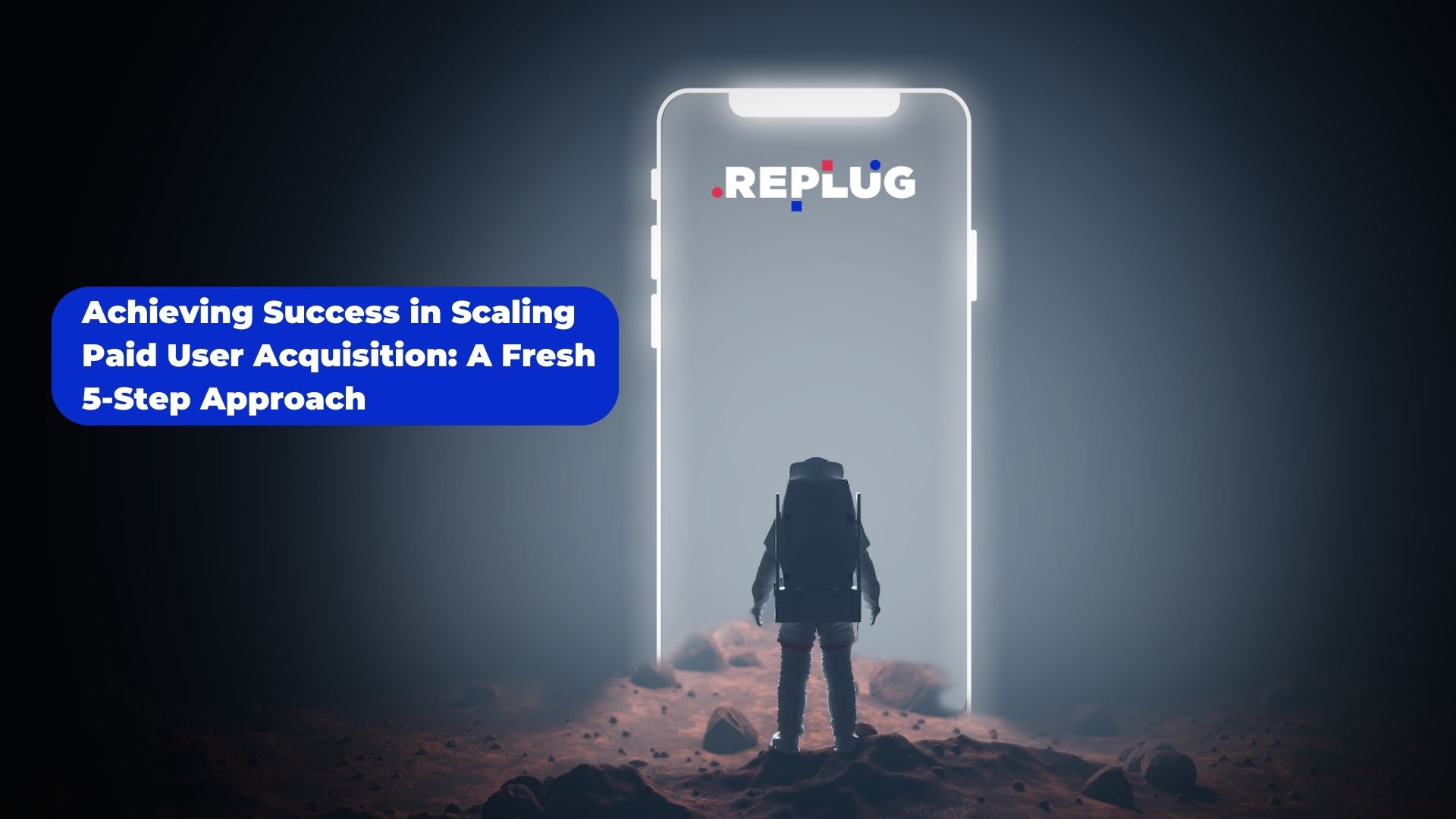App Store Optimization – Google vs Epic
- Monday, October 18th, 2021
- Share this article:
Dave Bell, Co-founder and CEO of Gummicube, looks at the legal battles Fornite publisher Epic Games is embroiled with, against both Apple and Google.
 In the newest installment of the Epic Games saga of court battles, Epic finds itself at the sharp end. This time it is Google suing Epic Games for breach of contract. Google was likely motivated by the recent Epic Games v. Apple verdict, in which Epic was found to be in violation of Apple’s policies and ordered to pay back millions of dollars to the Cupertino tech giant.
In the newest installment of the Epic Games saga of court battles, Epic finds itself at the sharp end. This time it is Google suing Epic Games for breach of contract. Google was likely motivated by the recent Epic Games v. Apple verdict, in which Epic was found to be in violation of Apple’s policies and ordered to pay back millions of dollars to the Cupertino tech giant.
Epic’s legal saga
When Epic Games originally brought its lawsuit against Apple in 2020, it had simultaneously sued Google for similar reasons. Epic pulled the same manoeuvre in both store fronts, bypassing the native in-app purchasing systems and implementing “V-bucks” into the popular Fortnite game.
Both the Apple iOS App Store and the Google Play Store have policies in place to prevent developers from circumventing their in-app purchasing systems.
From Apple’s App Store Review Guidelines:
3.1 Payments
3.1.1 In-App Purchase:
If you want to unlock features or functionality within your app, (by way of example: subscriptions, in-game currencies, game levels, access to premium content, or unlocking a full version), you must use in-app purchase. Apps may not use their own mechanisms to unlock content or functionality, such as license keys, augmented reality markers, QR codes, etc. Apps and their metadata may not include buttons, external links, or other calls to action that direct customers to purchasing mechanisms other than in-app purchase.
From Google’s Developer Policy Center:
Payments
1. Developers charging for apps and downloads from Google Play must use Google Plays billing system as the method of payment.
2. Play-distributed apps must use Google Plays billing system as the method of payment if they require or accept payment for access to features or services, including any app functionality, digital content or goods.
These policies are by no means hidden on either platform, both prominently displayed within the corresponding policy pages.
After Epic Games circumvented these rules that they agreed to when submitting their apps to the mobile app stores, both Apple and Google proceeded to pull Fortnite from their store fronts. This is what led Epic Games to file a lawsuit against both companies, claiming that they were running a duopoly on the mobile app market.
On 10 September of this year, Judge Yvonne Gonzalez Rogers of the District Court for the Northern District of California issued her first ruling in the Epic Games v. Apple trial. She decided in favor of Apple on nine counts out of 10, deciding against Apple in regards to its anti-steering practices, which were found to be in violation of the California Unfair Competition Law.
The latter decision resulted in a permanent injunction, leading to an imminent change in Apple’s In-app Purchase policy: Apple must allow developers to communicate alternative pricing options with their users, as well as allowing links to external payment processing site within their apps. This is to go into effect starting 90 days from the ruling, so we can look forward to those changes this December.
As an additional part of her ruling, Judge Rogers ordered Epic Games to pay Apple $3.6m, as 30 per cent of the proceeds that were withheld from Apple during Epic’s attempts to bypass Apple’s In-app Purchases. Epic appealed this decision only a few days after the verdict, so it is yet to be seen how this will finally play out.
Google’s response
Apple was accused of anti-competitive business practices, citing the inability for users to side-load third-party apps or app stores onto Apple Devices. Google was sued for similar allegations, but Google defended the Play Store asserting that users are able to install any app they want, including third-party app stores, onto Android devices. They maintained that the legal situation around their case is not the same as in the Apple case.
The Epic Games v. Google trial has not had nearly the coverage of the Apple counterpart, likely due to the aforementioned fact that the case may not be a strong one against Google. It stands to mention, however, that while the United Kingdom’s Competition Appeal Tribunal rejected Epic’s case against Apple, they allowed their case against Google to proceed.
In the United States, Google recently brought a counter-lawsuit against Epic Games on the grounds of willfully breaching its contract. This move may be spurred by seeing how sympathetic the courts were to Apple in their case, however it is unknown if Google will see a similar payout.
Overall
Epic Games is finding itself mired in another lawsuit, but this time it is the one being sued. Just a month following the Epic Games v. Apple verdict, where Epic was ordered to pay $3.6m in shirked App Store fees, Google has countersued Epic for willfully breaching its contract, which clearly states that developers may not bypass Google’s billing system. Time will tell how this will pan out for Google, and whether it will see a similar pay-back of processing fees.
About the Author
Dave Bell is Co-founder and CEO of Gummicube. Gummicube is a global leader in App Store Optimization with more than 11 years of experience optimizing and marketing apps. We offer the leading enterprise ASO technology and agency services, providing support to clients around the world. Our company is trusted by thousands of enterprise brands and leading startups including Microsoft, LinkedIn, Bethesda, SWEAT, GrubHub, McAfee and many others.
















